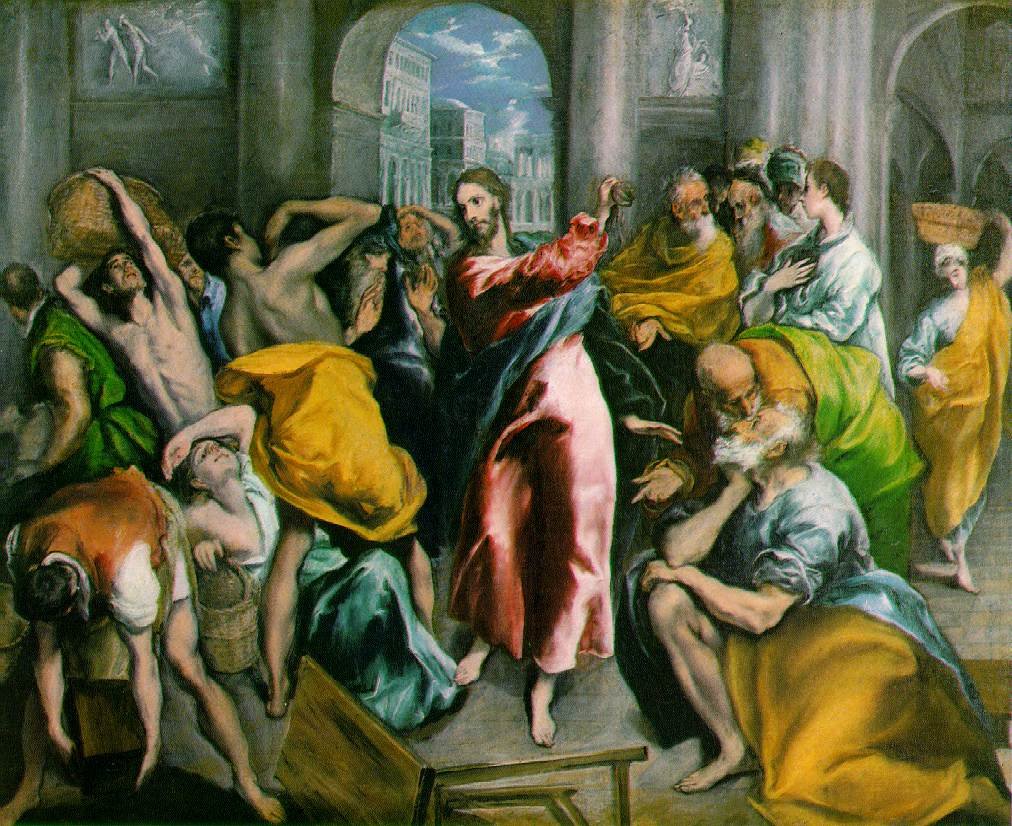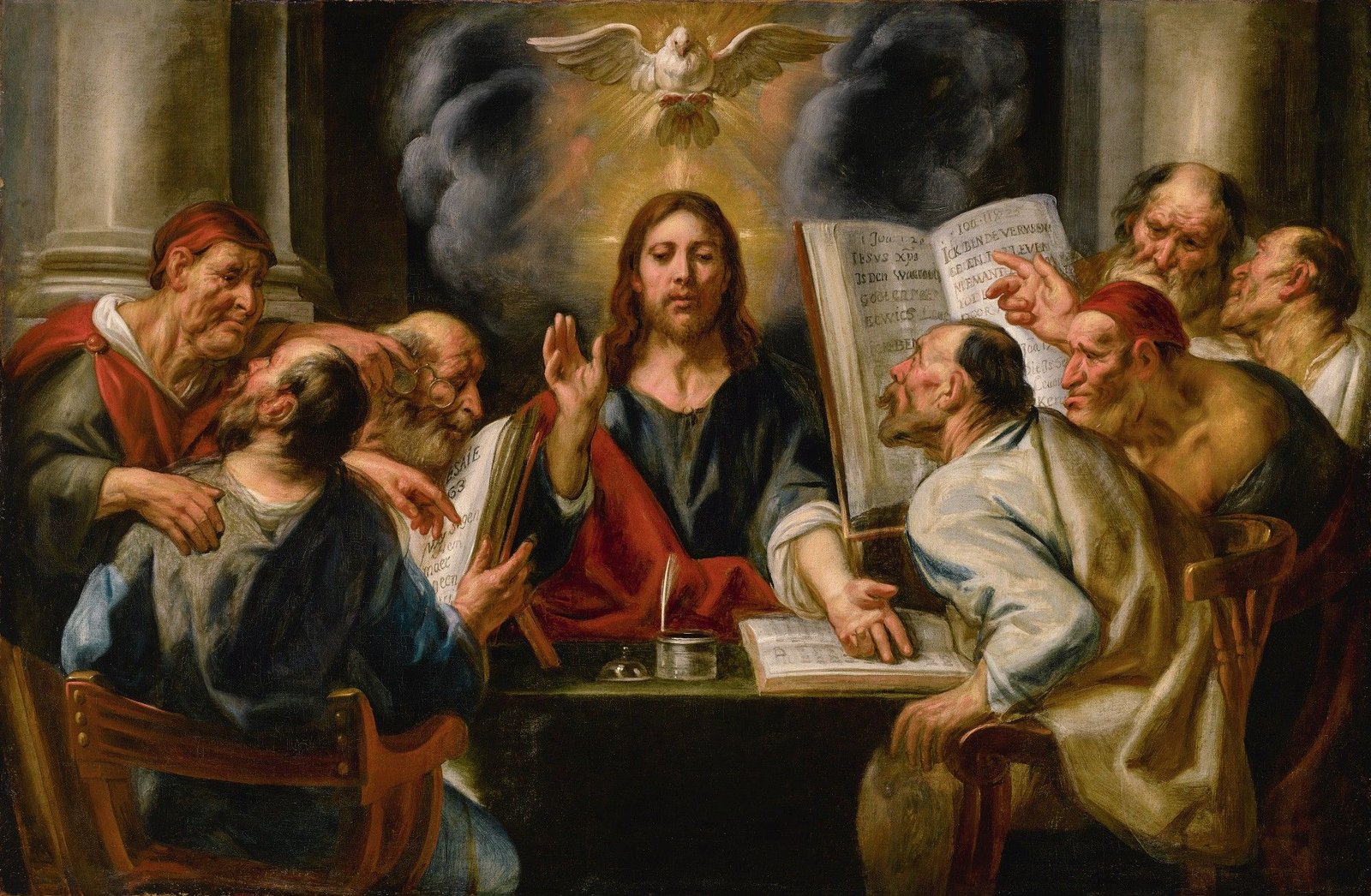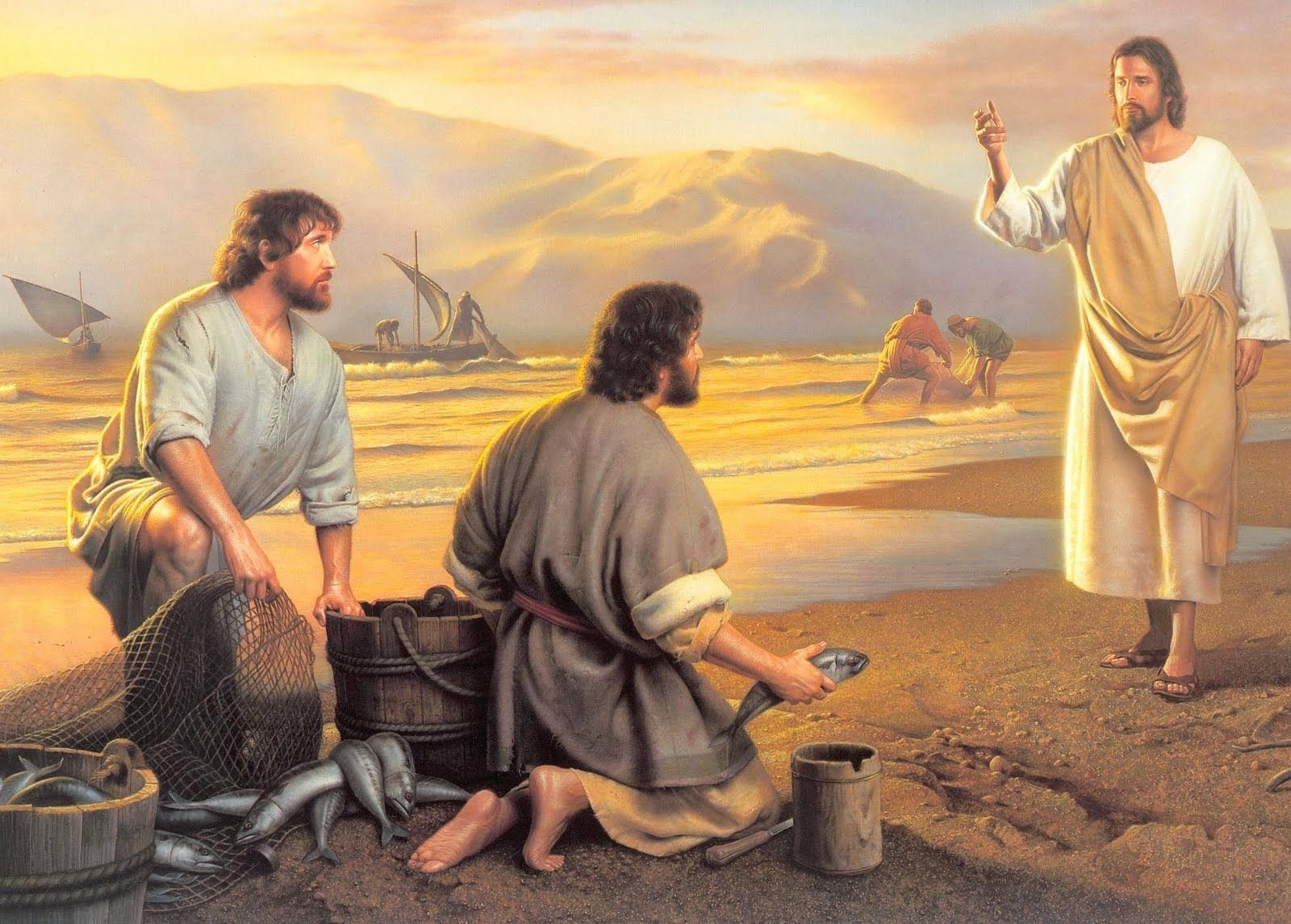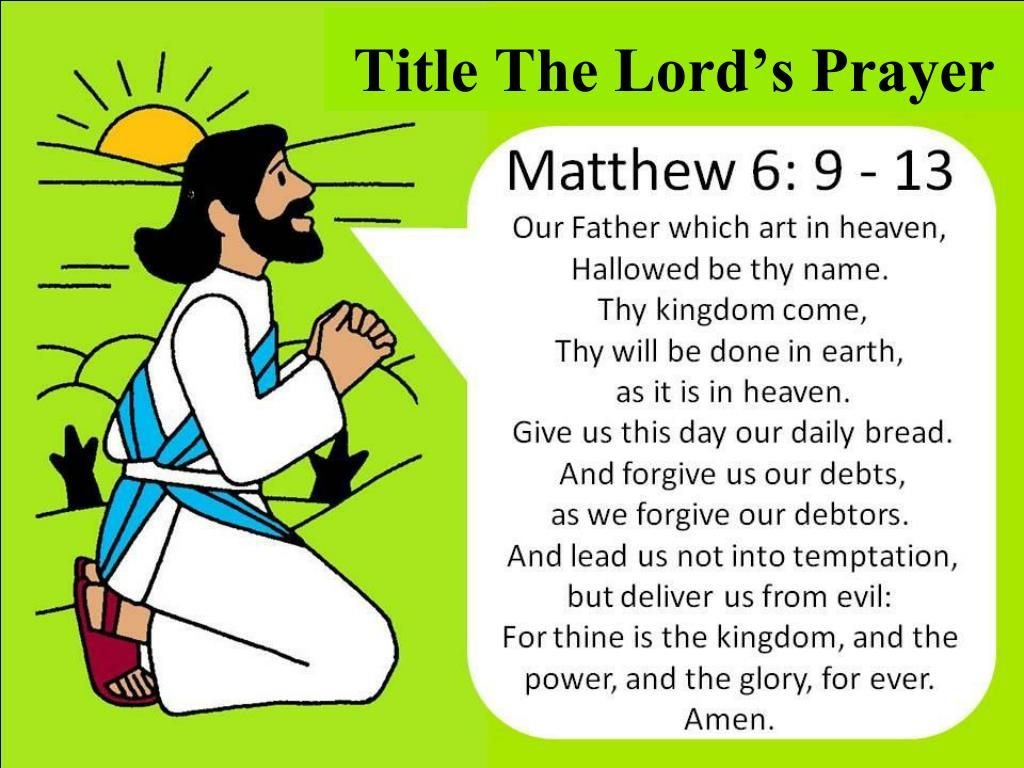THIRD SUNDAY OF LENT
First Reading | Exodus 20:1-17 (or Exodus 20:1-3, 7-8, 12-17)
The Ten Commandments serve as our guide for a moral way of life. They remind us that a moral life is all-inclusive. We cannot compartmentalize our faith and live a double life—one for the world and another for God. His teachings must govern our way of life.
1 In those days, God delivered all these commandments: 2 “I, the Lord, am your God, who brought you out of the land of Egypt, that place of slavery. 3 You shall not have other gods besides me. 4 You shall not carve idols for yourselves in the shape of anything in the sky above or on the earth below or in the waters beneath the earth; 5 you shall not bow down before them or worship them. For I, the Lord, your God, am a jealous God, inflicting punishment for their fathers’ wickedness on the children of those who hate me, down to the third and fourth generation; 6 but bestowing mercy down to the thousandth generation, on the children of those who love me and keep my commandments. 7 “You shall not take the name of the Lord, your God, in vain. For the Lord will not leave unpunished the one who takes his name in vain. 8 “Remember to keep holy the sabbath day. 9 Six days you may labor and do all your work, 10 but the seventh day is the sabbath of the Lord, your God. No work may be done then either by you, or your son or daughter, or your male or female slave, or your beast, or by the alien who lives with you. 11 In six days the Lord made the heavens and the earth, the sea and all that is in them; but on the seventh day he rested. That is why the Lord has blessed the sabbath day and made it holy. 12 “Honor your father and your mother, that you may have a long life in the land which the Lord, your God, is giving you. 13 “You shall not kill. 14 “You shall not commit adultery. 15 “You shall not steal. 16 “You shall not bear false witness against your neighbor. 17 You shall not covet your neighbor’s house. You shall not covet your neighbor’s wife, nor his male or female slave, nor his ox or ass, nor anything else that belongs to him.”
Responsorial Psalm | Psalm 19:8, 9, 10, 11
R: Lord, you have the words of everlasting life.
8 The law of the Lord is perfect, refreshing the soul; the decree of the Lord is trustworthy, giving wisdom to the simple. (R) 9 The precepts of the Lord are right, rejoicing the heart; the command of the Lord is clear, enlightening the eye. (R) 10 The fear of the Lord is pure, enduring forever; the ordinances of the Lord are true, all of them just. (R) 11 They are more precious than gold, than a heap of purest gold; sweeter also than syrup or honey from the comb. (R)
Second Reading | 1 Corinthians 1:22-25
The Gospel is a unique message that has never been heard of before in the history of the world. Over the last twenty centuries, the Gospel is the foundation on which western civilization was built. People may or may not recognize this truth, depending on how well they know their history. There’s an old saying that goes, “Ignorance of history is ignorance of who we are.” Let us remain faithful to the Gospel that has the power to transform lives.
22 Brothers and sisters: Jews demand signs and Greeks look for wisdom, 23 but we proclaim Christ crucified, a stumbling block to Jews and foolishness to Gentiles, 24 but to those who are called, Jews and Greeks alike, Christ the power of God and the wisdom of God. 25 For the foolishness of God is wiser than human wisdom, and the weakness of God is stronger than human strength. (R)
Gospel | John 2:13-25
We sometimes don’t understand our emotions. When we let our emotions control us, they lead us to sin. But when we are rational and do our best to control them, emotions serve us in a good way. In today’s Gospel, we see Jesus’ anger at what was happening in the Temple. He cleansed the Temple and enjoined the people there to respect the sacred which belongs o God. Our emotions are our reactions to a situation. What we do with them determines whether we sin or not.
Gospel Acclamation
God so loved the world that he gave his only Son, so that everyone who believes in him might have eternal life.
13 Since the Passover of the Jews was near, Jesus went up to Jerusalem. 14 He found in the temple area those who sold oxen, sheep, and doves, as well as the money-changers seated there. 15 He made a whip out of cords and drove them all out of the temple area, with the sheep and oxen, and spilled the coins of the money changers and overturned their tables, 16 and to those who sold doves he said, “Take these out of here, and stop making my Father’s house a marketplace.” 17 His disciples recalled the words of Scripture, Zeal for your house will consume me. 18 At this the Jews answered and said to him, “What sign can you show us for doing this?” 19 Jesus answered and said to them, “Destroy this temple and in three days I will raise it up.” 20 The Jews said, “This temple has been under construction for forty-six years, and you will raise it up in three days?” 21 But he was speaking about the temple of his body. 22 Therefore, when he was raised from the dead, his disciples remembered that he had said this, and they came to believe the Scripture and the word Jesus had spoken. 23 While he was in Jerusalem for the feast of Passover, many began to believe in his name when they saw the signs he was doing. 24 But Jesus would not trust himself to them because he knew them all, 25 and did not need anyone to testify about human nature. He himself understood it well.









